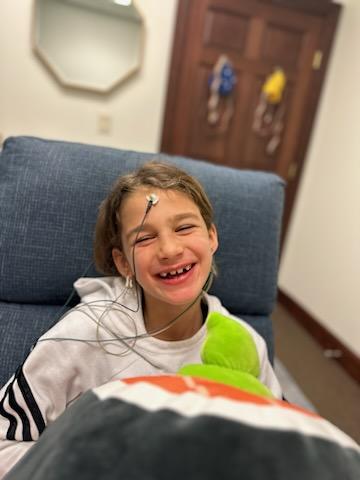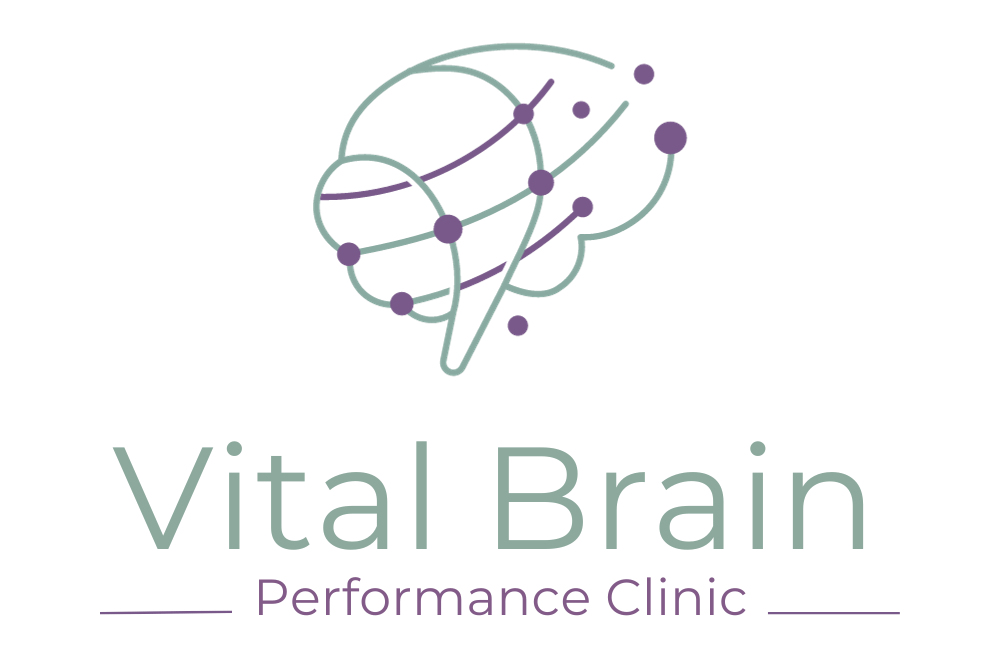Attention-Deficit/Hyperactivity Disorder (ADHD) is a neurodevelopmental disorder that can significantly impact a child’s behavior, attention span, and academic performance. While medication and therapy are common treatment approaches, incorporating a healthy diet rich in specific nutrients can play a crucial role in ADHD treatment in kids.
The Role of Omega-3 Fatty Acids in Supporting ADHD Treatment in Kids

Omega-3 fatty acids, particularly docosahexaenoic acid (DHA) and eicosapentaenoic acid (EPA) are essential fatty acids that play a vital role in brain health and function. Studies have shown that omega-3 fatty acids can help improve cognitive function, reduce hyperactivity, and improve mood in children with ADHD treatment in kids.
Foods rich in omega-3 fatty acids:
- Fatty fish: Salmon, mackerel, tuna, and herring are excellent sources of omega-3 fatty acids.
- Flaxseeds: These tiny seeds are packed with omega-3 fatty acids and can be added to smoothies, yogurt, or baked goods.
- Chia seeds: These versatile seeds are another great source of omega-3 fatty acids and can be added to various dishes.
- Walnuts: These nuts are rich in omega-3 fatty acids and antioxidants.
Essential Vitamins and Minerals for Enhancing Attention and Reducing Hyperactivity
- Iron: Iron deficiency can lead to fatigue, irritability, and difficulty concentrating.
- Zinc: Zinc plays a crucial role in brain development and function.
- Vitamin D: Vitamin D deficiency has been linked to ADHD symptoms.
- Magnesium: Magnesium can help regulate neurotransmitters and improve sleep quality, which is essential for children with ADHD.
Foods rich in these essential nutrients:
- Lean meats: Chicken, turkey, and lean beef are good sources of iron and zinc.
- Eggs: Eggs are a good source of protein, choline, and vitamin D.
- Dairy products: Milk, cheese, and yogurt are excellent sources of calcium and vitamin D.
- Whole grains: Whole grains like brown rice, quinoa, and whole-wheat bread are rich in B vitamins, which are important for brain function.
- Legumes: Beans, lentils, and chickpeas are good sources of protein, fiber, and various minerals.
- Fruits and vegetables: Fruits and vegetables are rich in vitamins, minerals, and antioxidants, which can support overall health and well-being.
By incorporating these nutrient-rich foods into your child’s diet, you can support their overall health and well-being, as well as improve their ability to focus and manage ADHD symptoms in ADHD treatment in kids.
Keep in mind that it’s important to consult with a healthcare professional or registered dietitian to develop a personalized nutrition plan for your child.
Every child with ADHD is unique. At Vital Brain Performance Clinic, we offer personalized treatment plans tailored to your child’s specific needs. Contact us today to learn more about our individualized approach, including nutritional counseling and neurofeedback.




